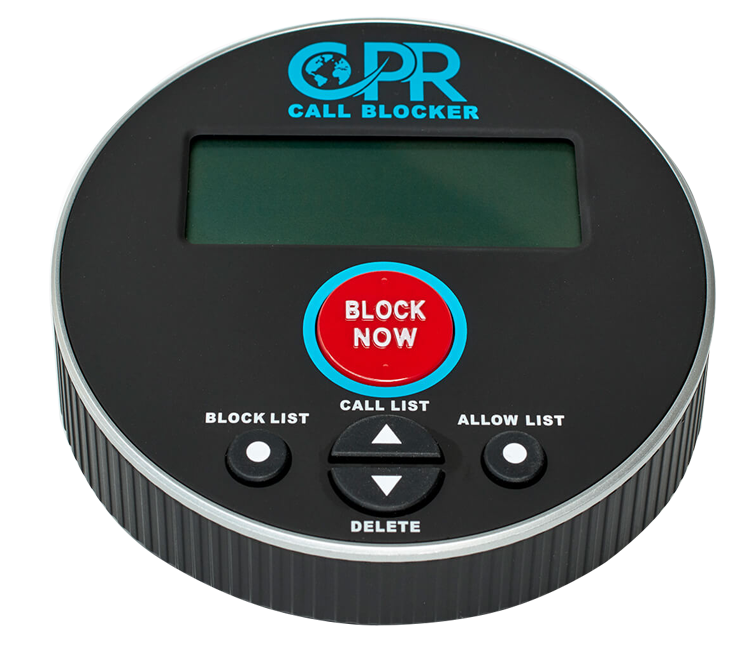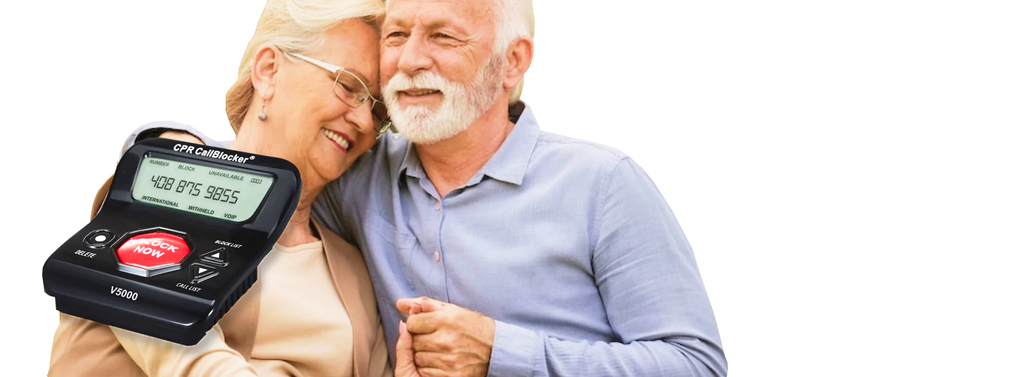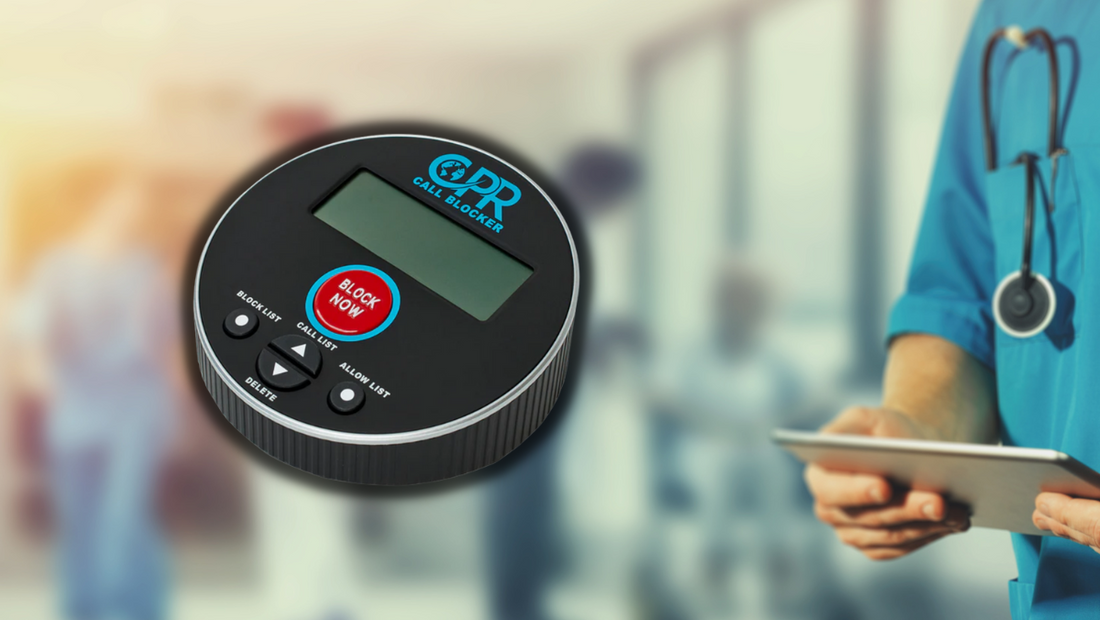In today's digital age, keeping patient privacy is important. With more phone use, it's even more crucial to protect patient details from being accessed by the wrong people. Call blockers are a great tool for this. Let's discuss why call blockers are important in healthcare and how they help keep patient info private.

Understanding the Role of Call Blockers
Call blockers, or screening devices, are tech tools to stop unwanted calls like robocalls, spam, and fake offers. They check incoming calls and spot weird patterns or known spam numbers, so they don't get through to the person they're meant for.
Importance of Call Blockers in Healthcare
In healthcare, keeping patient info safe isn't just a rule. It's the right thing to do. If someone gets into patient records without permission, it can cause big problems like stealing identities, fraud, and messing with medical files. Call blockers are super important here because they stop unauthorised people from getting hold of patient details.
Healthcare is a prime target for attacks because of the personal info involved, like medical history and insurance. Bad guys often try to get this info through communication channels. However, by using call blockers, healthcare places can stop these threats and make sure patient info stays private.
Protecting Patient Privacy
Ensuring patient info stays private is key to healthcare rules and ethics. Call blockers help by stopping unauthorised people from accessing patient records, keeping sensitive information safe, and respecting people's privacy rights.
Preventing Identity Theft
Health records have lots of personal details, which thieves want. Call blockers help stop them by blocking suspicious calls that try to get personal info from people without them knowing.
Mitigating Fraudulent Activities
Fraudulent activities like phishing and insurance scams are big risks for patients and healthcare. Call blockers can spot and stop calls from known scam numbers, reducing the chance of patients getting tricked.
Maintaining Regulatory Compliance
Healthcare rules are important for hospitals and clinics. Call blockers add extra security layers, helping organisations meet these rules by keeping patient info safe from unauthorised access.
Enhancing Trust and Reputation
Patients need to trust their healthcare providers. By using tools like call blockers, healthcare places show they're serious about keeping patient info safe. This builds trust and makes patients feel more confident about their healthcare providers.

Benefits of Call Blockers in Healthcare
Call blockers play a crucial role in reducing the risk of fraud in healthcare, such as phishing scams and identity theft, by stopping suspicious calls before they reach healthcare professionals or patients.
Reduced Risk of Phishing Scams
Call blockers proactively spot and stop suspicious calls, including those trying to pull off phishing scams. By keeping these calls away from healthcare staff and patients, call blockers significantly lower the risk of sensitive info getting compromised through fraud.
Prevention of Identity Theft
Identity theft is a big worry in healthcare, where bad actors highly desire personal and financial details. Call blockers help stop identity theft attempts by blocking calls from known scam numbers and unauthorised sources. This keeps patient data safe and prevents people from being tricked by fraudsters.
Enhanced Security and Confidentiality
Healthcare places strengthen their security by using call blockers to keep patient info private. By filtering out unwanted calls, only legit messages get through, lowering the chances of unauthorised access to medical information and protecting patient records.
Improved Operational Efficiency
Nuisance calls and spam can slow down healthcare work. Call blockers take care of these calls, letting healthcare pros focus on their jobs without interruption. This leads to better productivity and smoother communication in healthcare settings.
Compliance with Regulatory Standards
Healthcare providers have to follow strict rules to protect patient info and privacy. By using call blockers, they show they're sticking to these rules and keeping patient data safe and legal. This proactive approach helps avoid penalties and keeps patients and others trusting the healthcare system.

Implementing Call Blockers in Healthcare Settings
Integrating call blockers into existing communication systems is quite simple. Healthcare organisations can either use specific call-blocking tools or rely on features already built into modern phone systems and services provided by telecommunications companies. Training staff on how to use these blockers effectively in their daily work is also important.
Deploy Dedicated Blocking Solutions
Healthcare places can invest in dedicated call-blocking gadgets or software to stop unwanted calls. These tools usually have extra features like making custom lists of blocked numbers, screening calls, and watching for spam or scams in real time.
Utilise Integrated Features in Phone Systems
Many phone systems nowadays come with built-in call-blocking features. Healthcare setups can use these features straight from their existing systems without needing extra hardware or software.
Customise Blocklists and Whitelists
Many phone systems nowadays come with built-in call-blocking features. Healthcare setups can use these features straight from their existing systems without needing extra hardware or software.
Implement Staff Training and Awareness Programs
Teaching staff about call blockers and how to use them properly is crucial. Healthcare providers should hold training sessions and awareness programs to ensure everyone knows how to spot and handle suspicious calls.
Monitor and Evaluate Effectiveness
Regularly checking how well call blockers are working is important. Healthcare organisations should monitor call logs, see which calls got blocked, and ask staff for feedback. This helps spot any issues early on and make improvements as needed.
By staying ahead of the game and adapting to new threats, healthcare providers can keep patient info safe with effective call-blocking measures.

Conclusion
Call blockers play a crucial role in protecting patient privacy in healthcare. They work by filtering and stopping unwanted calls, which prevents unauthorised access to sensitive patient info and lowers the chance of fraud. Because healthcare places care a lot about data security and privacy, using call blockers in their communication plans is vital to keeping patient info safe and earning trust in today's digital world.
Choose CPR Call Blocker, the ultimate solution for call blocking in the UK. Please browse our selection of products or contact us so we can assist you.










